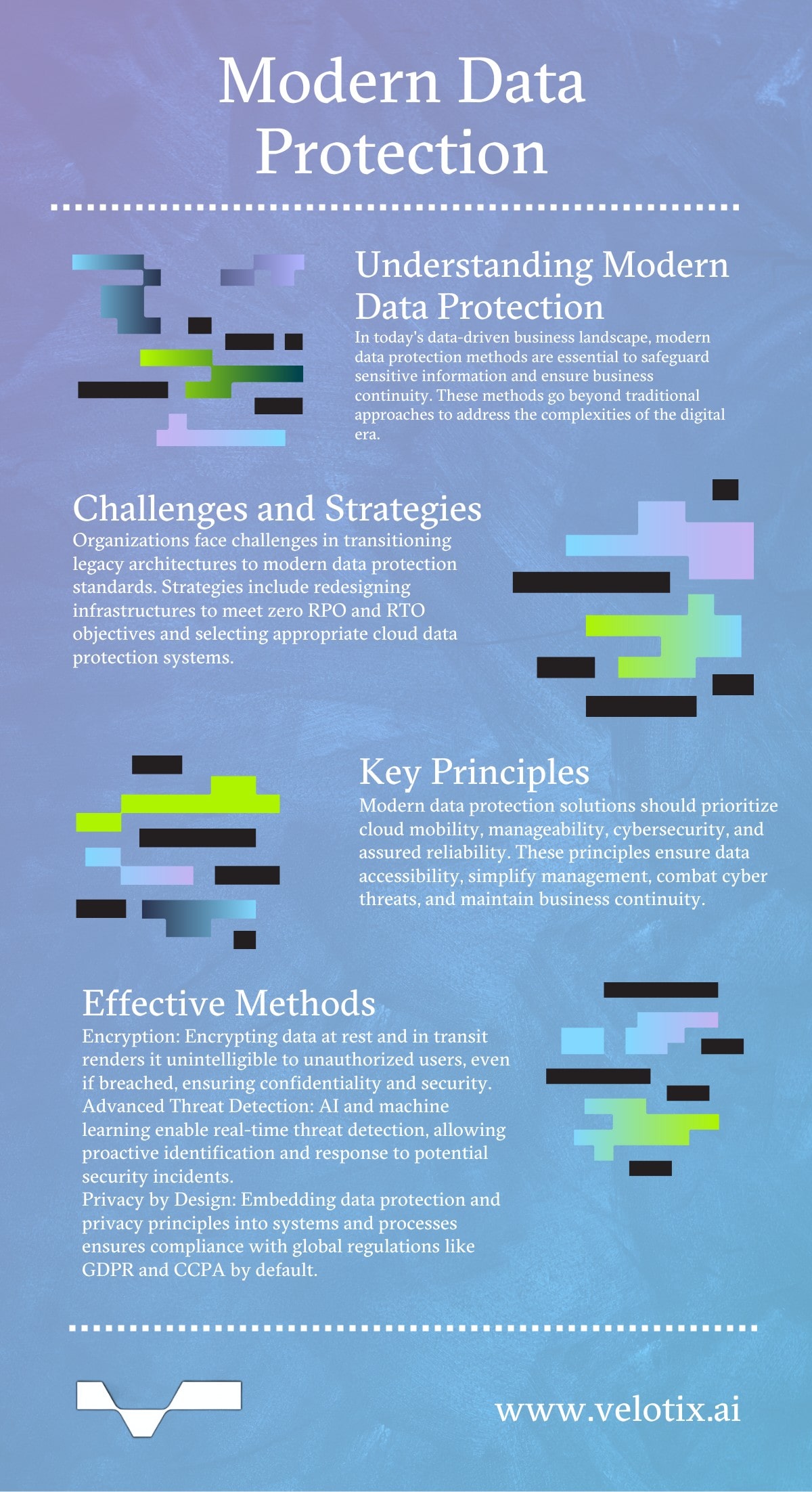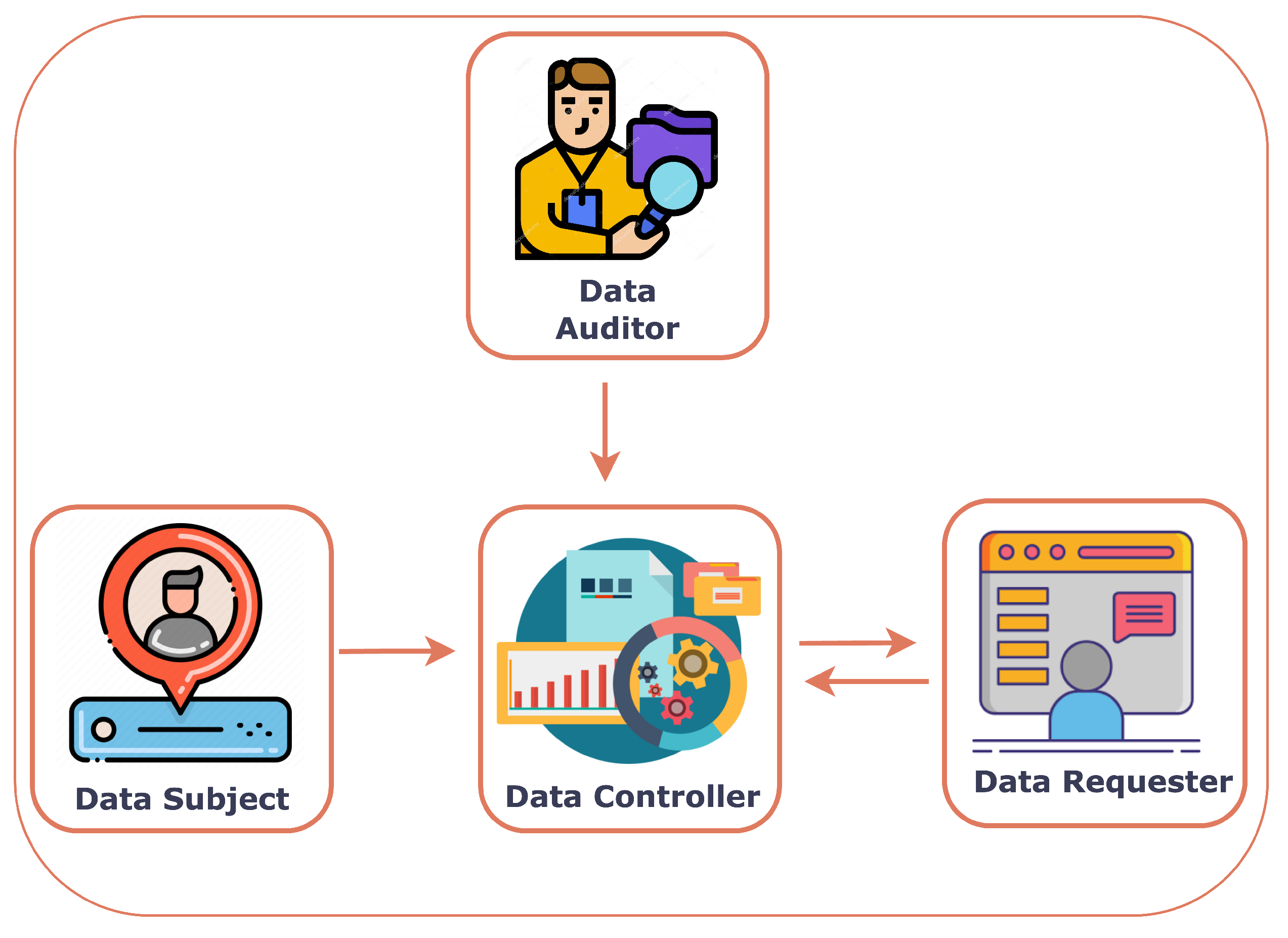How to Choose the Right Provider for Managed Data Protection Services
How to Choose the Right Provider for Managed Data Protection Services
Blog Article
Secure Your Digital Assets: The Power of Managed Data Protection
In an age where data breaches and cyber threats are progressively widespread, safeguarding electronic assets has emerged as an extremely important concern for organizations. Managed data defense presents a critical opportunity for businesses to integrate sophisticated security actions, making certain not only the guarding of sensitive information yet additionally adherence to regulative criteria. By outsourcing data safety and security, firms can concentrate on their main objectives while experts navigate the intricacies of the electronic landscape. Yet, the performance of these options rests on several elements that warrant careful factor to consider. What are the crucial elements to maintain in mind when checking out handled data defense?
Comprehending Managed Data Defense

Secret elements of handled data protection consist of data back-up and recovery services, file encryption, gain access to controls, and constant surveillance. These components work in show to produce a durable safety and security structure - Managed Data Protection. Normal back-ups are vital, as they offer recovery options in case of data loss as a result of hardware failing, cyberattacks, or all-natural calamities
Encryption is an additional vital element, changing sensitive information into unreadable styles that can only be accessed by accredited individuals, thereby mitigating the threat of unauthorized disclosures. Accessibility manages even more boost protection by making sure that only people with the proper authorizations can engage with sensitive information.
Continuous surveillance enables organizations to react and identify to possible risks in real-time, thus reinforcing their general data integrity. By carrying out a handled information security approach, organizations can achieve greater resilience versus data-related dangers, protecting their operational continuity and keeping trust fund with stakeholders.

Benefits of Outsourcing Information Protection
Contracting out information security offers various advantages that can dramatically enhance an organization's overall safety pose. By partnering with specialized took care of safety solution carriers (MSSPs), companies can access a wealth of know-how and resources that may not be available in-house. These suppliers employ proficient specialists that stay abreast of the latest hazards and protection steps, guaranteeing that companies take advantage of up-to-date finest innovations and practices.
Among the primary advantages of outsourcing information safety and security is cost performance. Organizations can minimize the financial burden linked with hiring, training, and keeping internal protection workers. Furthermore, outsourcing enables companies to scale their security steps according to their progressing requirements without sustaining the dealt with expenses of maintaining a full-time security team.
Additionally, outsourcing allows organizations to concentrate on their core service features while leaving complicated safety and security jobs to experts - Managed Data Protection. This tactical delegation of duties not only boosts functional efficiency however likewise promotes a positive safety society. Inevitably, leveraging the capacities of an MSSP can bring about boosted hazard discovery, lowered feedback times, and an Discover More extra resistant protection structure, placing organizations to navigate the dynamic landscape of cyber threats efficiently
Key Features of Managed Services
Organizations leveraging managed safety and security services usually profit from a collection of vital attributes that enhance their data protection techniques. Among one of the most significant features is 24/7 monitoring, which makes sure consistent caution over information settings, making it possible for rapid detection and feedback to threats. This continuous protection is matched by sophisticated hazard knowledge, permitting organizations to stay ahead of emerging dangers and Recommended Reading vulnerabilities.
One more important function is automated data backup and recovery services. These systems not only safeguard information honesty however likewise improve the healing process in the event of information loss, making sure company continuity. In addition, handled solutions commonly include thorough compliance monitoring, assisting companies navigate intricate guidelines and maintain adherence to sector requirements.
Scalability is also a crucial element of managed solutions, enabling companies to adjust their data protection determines as their needs evolve. Expert assistance from dedicated safety specialists offers organizations with accessibility to specialized expertise and insights, improving their general protection posture.
Choosing the Right Supplier
Picking the appropriate provider for managed data protection services is vital for ensuring robust security and compliance. The first step in this process includes evaluating the company's online reputation and track record. Seek recognized companies with tried and tested experience in information protection, especially in your sector. Testimonials, situation research studies, and client testimonies can give beneficial understandings right into their integrity and performance.
Following, assess the series of solutions used. A thorough took care of information protection copyright ought to include data backup, recovery options, and ongoing monitoring. Guarantee that their services align with your certain organization requirements, including scalability to fit future development.
Compliance with market regulations is an additional crucial factor. The company needs to follow pertinent requirements such as GDPR, HIPAA, or CCPA, depending on your field. Inquire regarding their conformity accreditations and practices.
Furthermore, take into consideration the innovation and devices they use. Suppliers should utilize advanced check security actions, consisting of file encryption and hazard detection, to guard your information successfully.
Future Trends in Data Security
As the landscape of data security continues to advance, numerous crucial patterns are emerging that will certainly shape the future of managed information defense services. One noteworthy pattern is the raising adoption of expert system and artificial intelligence modern technologies. These devices improve data defense techniques by making it possible for real-time risk detection and action, hence reducing the time to mitigate potential breaches.
Another significant trend is the shift towards zero-trust safety and security designs. Organizations are acknowledging that standard border defenses are poor, resulting in a much more durable structure that continuously verifies individual identifications and device stability, no matter of their location.
Moreover, the increase of regulative conformity requirements is pushing companies to embrace even more comprehensive data security measures. This consists of not only guarding data however additionally ensuring transparency and liability in information handling methods.
Lastly, the combination of cloud-based remedies is changing information defense approaches. Managed information defense solutions are significantly making use of cloud modern technologies to provide scalable, versatile, and cost-efficient remedies, permitting companies to adjust to transforming dangers and demands efficiently.
These trends highlight the value of proactive, innovative methods to information defense in an increasingly complex digital landscape.
Conclusion
In final thought, managed information protection arises as a crucial technique for companies looking for to protect electronic possessions in an increasingly intricate landscape. Eventually, accepting handled data security enables organizations to concentrate on core operations while ensuring comprehensive security for their digital assets.
Key components of managed data protection include data back-up and recovery services, file encryption, accessibility controls, and continuous surveillance. These systems not just safeguard data stability yet likewise enhance the recuperation process in the event of data loss, guaranteeing company continuity. A detailed took care of information defense service provider need to include data back-up, recovery solutions, and ongoing tracking.As the landscape of data security proceeds to progress, a number of crucial patterns are arising that will shape the future of handled data security services. Eventually, welcoming managed information defense enables organizations to concentrate on core operations while making sure thorough security for their electronic properties.
Report this page